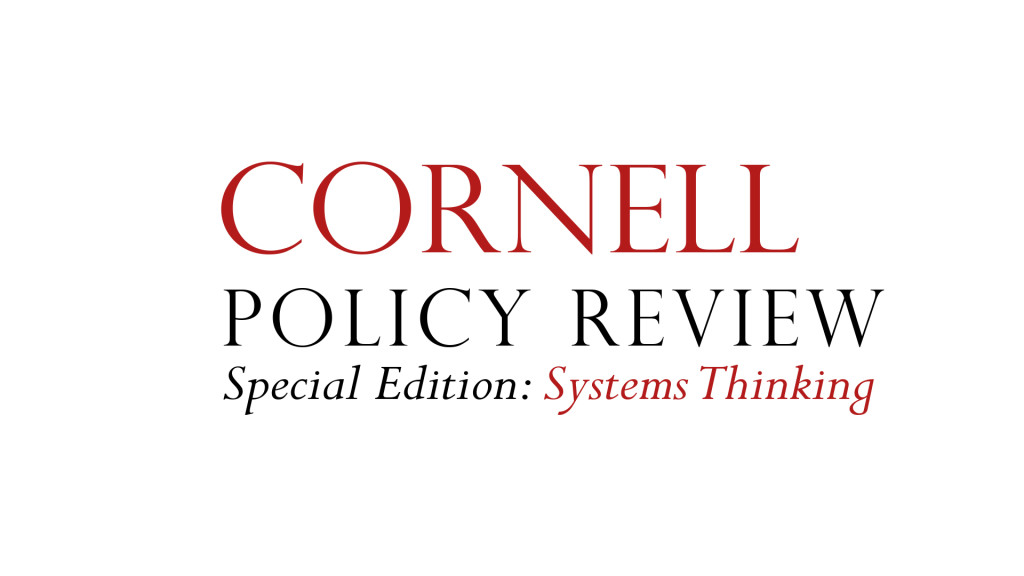Edited August 7, 2017
Systems Thinking: Turning esoteric concepts tangible
Systems Thinking is a field of cognitive studies that emerged with a promise to solve the complex and―as Cornell Professors Derek and Laura Cabrera call it―“wicked” problems of the world. While seemingly an esoteric and intricate concept, Systems Thinking has been made more accessible and useful for policy makers and other decision makers by methods developed by Drs. Cabrera. They achieve this through providing simple rules: drawing distinctions, identifying systems, understanding relations, and taking perspectives (also referred to as DSRP).
Linear and myopic ways of thinking have frequently lead to a number of negative consequences. This Second Special Edition on Systems Thinking discusses a number of such cases. These articles highlight how public policy and administration have gone wrong causing considerable public damage. Furthermore, the cases also show how to apply the principles of DSRP to policy making to prevent negative and unintended consequences.
Featured articles in this Second Systems Thinking Special Edition
Paulina Lucio’s article will discuss indigenous women’s rights in Mexico, which elucidates that policymakers are frequently unable to identify unintended ramifications of their policies. In turn, they create new problems while trying to solve old ones. Further, there are articles that highlight systemic blind spots in governance. Left unattended, these have the potential to cause great damage to public health and well-being. Jessica Sokolov’s article discusses one such blind spot, the government’s inability to identify critical corrosion control systems. It resulted in the Michigan Water Crisis, which exposed up to 12,000 children to lead-laden drinking water. Peter C. Fiduccia’s article discusses yet another blind spot. His article explores how policy makers’ inability to share competing perspectives causes decision gridlocks.
Finally, there are articles that demonstrate how to understand seemingly intractable problems using Systems Thinking. Katharine Reeves’s piece examines the abortion debate using the principles of DSRP. Her analysis untangles the complicated nature of the various bills bound up in the topic of abortion.
Cornell Policy Review’s vision is to create “Insightful Content, (for an) Informed World”. We hope that the Second Systems Thinking Special Edition will be able to share relevant insights on the policies that matter to our readers, as well as to inform them of Derek and Laura Cabrera’s Systems Thinking Theory as a policy analysis tool that can facilitate a better understanding of public policies, their implementation, and their consequences.
Arpit Chaturvedi, Editor-in-Chief
Paulina Lucio Maymon, Senior Managing Editor


